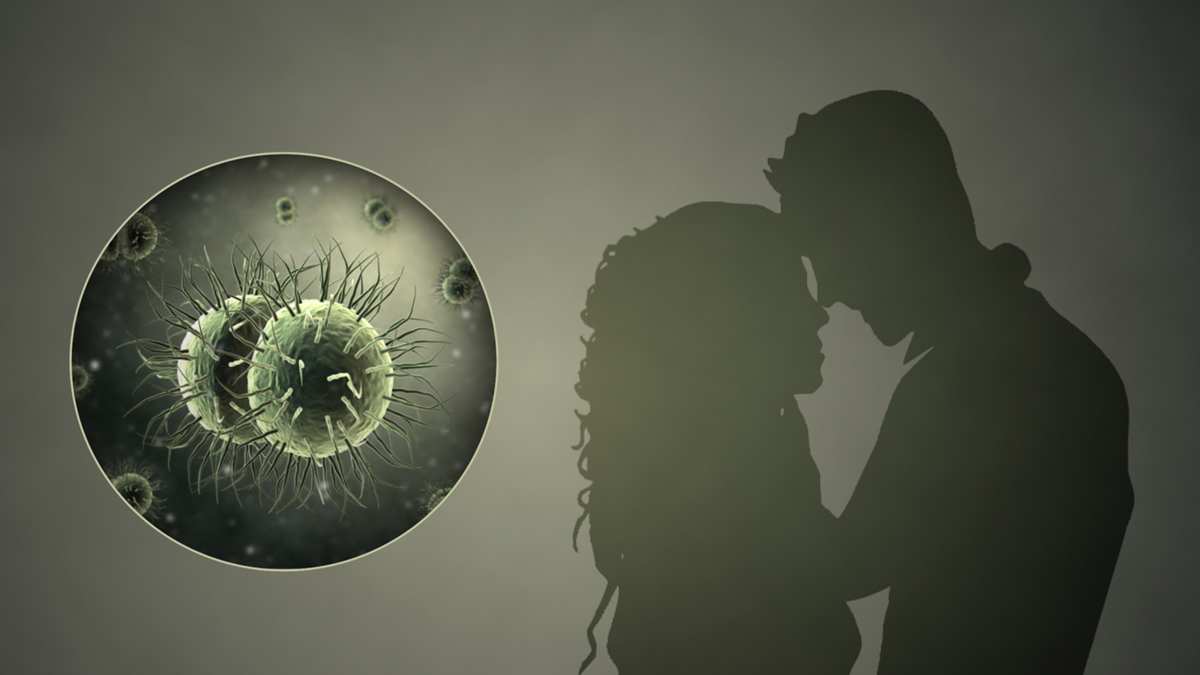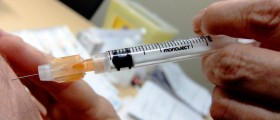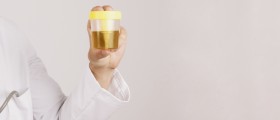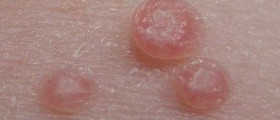
There is a variety of sexually transmitted diseases (STDs), and the types that occur the most often are Chlamydia and genital warts. Some of the STDs don’t even have symptoms, but if there are any, they might include a smelly discharge from vagina or penis, vagina bleeding between periods or after sexual intercourse some unusual blisters, rashes or some other irritation near your genital area, painful sexual intercourse, pelvic or stomach pain. If you suspect of having STD you must be tested. Bacteria or viruses cause most of these diseases, and they can be transmitted during a sexual intercourse, contact with genitals or by sharing sexual toys. As we wrote earlier, Chlamydia is the most frequent sexually transmitted disease and it is common among people under the age of 25. The bacteria attacks cervix, urethra, rectum, throat or even eyes. Symptoms includes smelly discharge from vagina and penis, pain in the lower part of abdomen, pain after urination. The time of the beginning of the symptoms is three weeks after the infection. Some percentage of men and women don’t have any symptoms. The treatment is not complicated, since it is treated with antibiotics.
Another STD is genital herpes, manifested with ulcers or sores near genital area. A pain after urination may also appear and a person may feel fatigue. There can be more episodes of genital herpes. You can remove the herpes virus from your body, but antiviral pills can help your body to clean from the ulcers. Then, there are genital warts. They look like a fleshy growth that is settled on or around genitals and anus. A period of three months has to pass, before they can be seen. The process of the genital warts treatment consists of liquid nitrogen, surgery or laser treatment. Gonorrhea is manifested as a thick vaginal discharge or bleeding between periods. It appears two weeks after the beginning of an infection. If it isn’t treated while at an early stage, it may lead to infertility. Hepatitis B is a sexually transmitted disease that is treated with antivirals, but in most cases the body recovers on its own.
The most severe STD is the human immunodeficiency virus or HIV, which attacks the whole immune system. There are no typical symptoms for HIV; with some people flu appears as the beginning of the disease, while in others there are no symptoms. Doctor can determine your treatment in order to reduce the level of HIV in blood. Some other STDs that are common in our population are pubic lice and syphilis. Pubic lice can be annoying and itchy, and can be removed with lotions and shampoos while syphilis is more complicated and you must visit a doctor in order to start with therapy. As you have seen, there are numbers of reasons why people have to protect themselves during a sexual intercourse. Most of these diseases can damage your health, so be careful!

















Your thoughts on this
Loading...